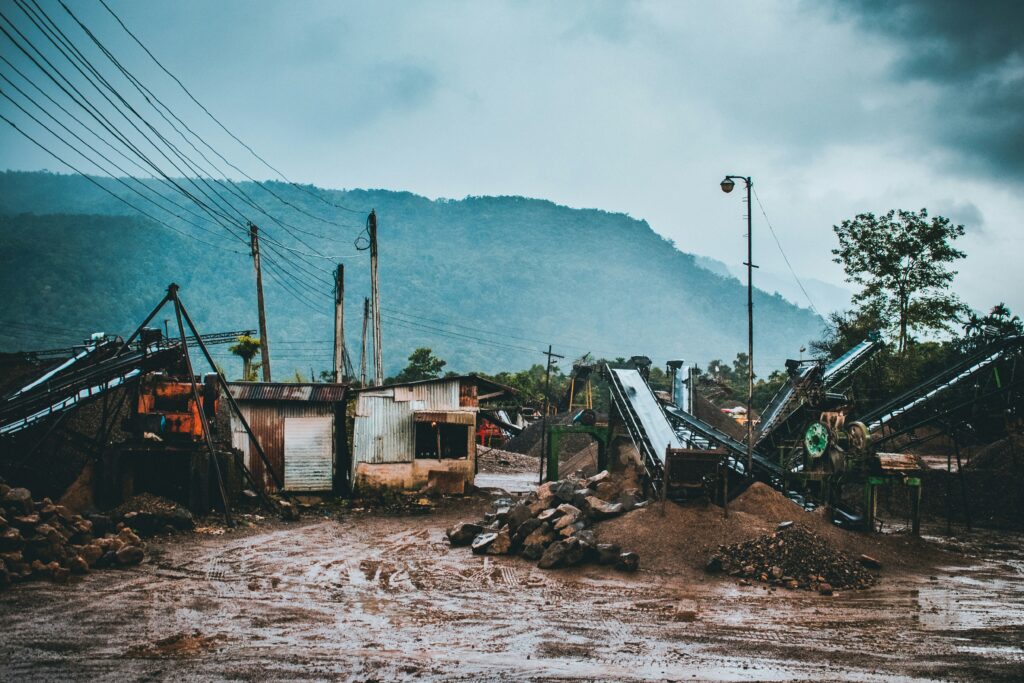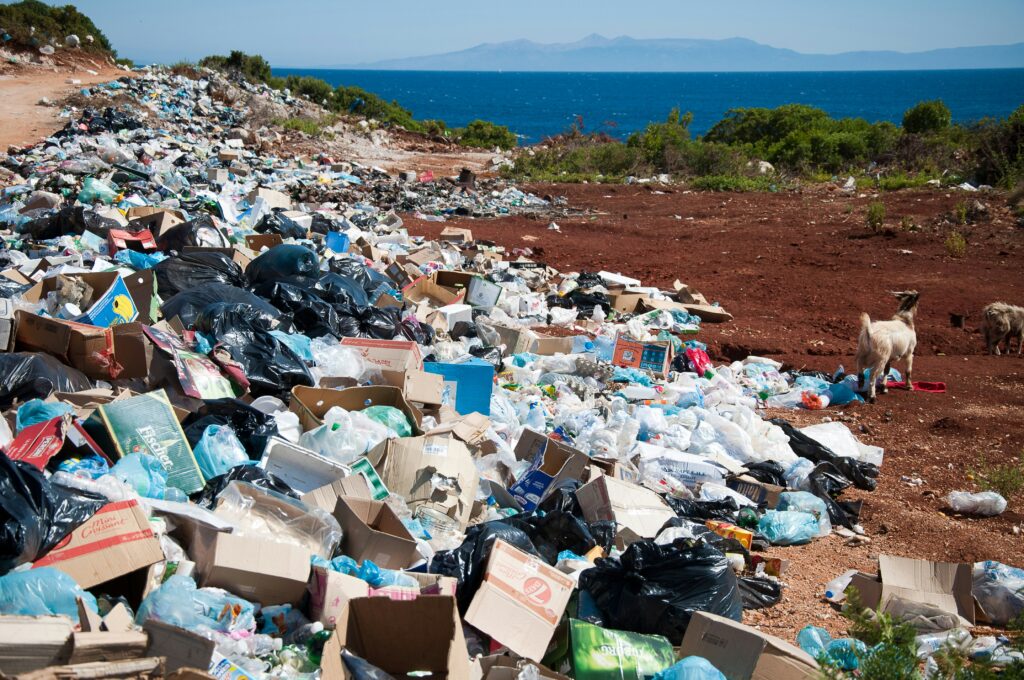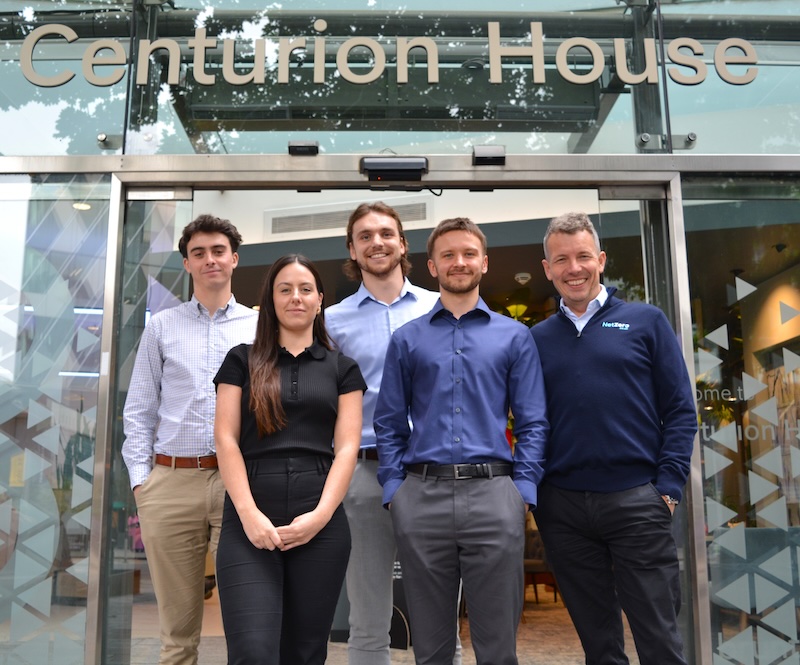A powerful alliance has been formed between Honeywell, Samsung Engineering & Construction, Johnson Matthey, and Gidara Energy with the aim of scaling up sustainable aviation fuel (SAF) production from non-recyclable waste and biomass. This strategic partnership is designed to create a commercially viable alternative to fossil jet fuel, helping the aviation industry reduce its carbon footprint.
Each member of the alliance brings complementary expertise to the table. Honeywell contributes its proprietary fuel processing technologies; Samsung E&A offers advanced engineering and infrastructure capabilities; Johnson Matthey delivers experience in catalyst innovation and process optimisation; and Gidara Energy adds its proprietary gasification technology that converts waste into synthesis gas – a key step in SAF production.
Together, these companies intend to build an integrated end-to-end solution that transforms waste into clean, usable jet fuel.
Supporting Global Climate Targets
The initiative is well-aligned with international policy goals, including the UK’s Jet Zero Strategy and the EU’s ReFuelEU Aviation mandate, both of which call for increased adoption of SAF in the coming years. With current SAF production meeting less than 1% of global demand, this alliance could play a crucial role in scaling capacity to meet these targets.
By using waste that would otherwise go to landfill or incineration, the project also supports circular economy principles while tackling both emissions and waste management challenges.
A Model for Future Collaboration
This alliance exemplifies how cross-sector collaboration can accelerate progress in hard-to-decarbonise industries. By combining innovation, infrastructure, and practical experience, the companies aim to establish a blueprint for the large-scale rollout of SAF – potentially reshaping how aviation fuel is produced in the years to come.
References:
https://www.slaughterandmay.com/insights/new-insights/is-saf-taking-flight




